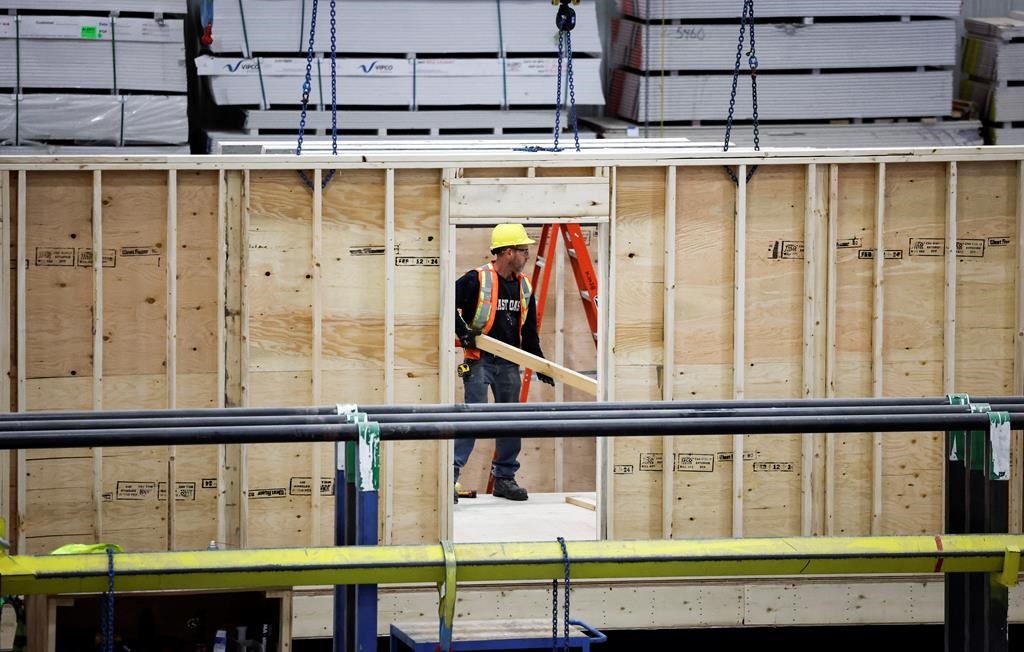From hijabs to Ramadan: how a Canadian couple is demystifying Islam on social media

Posted March 6, 2021 3:38 pm.
Last Updated March 7, 2021 11:02 am.
TORONTO (OMNI) – An Ontario couple is using their online platform to educate Canadians about Islam and the dangers of Islamophobia.
Sana Saleh and her husband Will Saleh – a Canadian of European origin who converted to Islam – are a young Muslim couple from Toronto.
Together they create educational videos for their more than two million followers across TikTok, YouTube and Instagram.
“Initially when we first started making videos on TikTok, it was just me and him making jokes about each other,” said Sana. “We would talk about our mixed culture. And then people started asking questions, like ‘what is that thing called on your head?’ A simple thing like ‘what is a hijab?’ And even sometimes people would ask, ‘can you go swimming with that?’ Or ‘who can see your hair?’
“As people started asking questions, we were like, ‘you know what, we should use this platform to educate people.’”
Several of the videos are about exactly that – demystifying Islam and correcting misconceptions about Muslims. Many are light-hearted and deal with various topics in a humorous way.
And millions of people are watching.
“TikTok can be a great place for education,” said Will. “We wanted to be able to educate people about the religion of Islam and to humanize Muslims, to show the world we’re not as bad as what you see on TV.”
View this post on Instagram
There are also videos about themselves: who they are, how they met, about their travels and their two young daughters. Then there’s the story of how Will was first introduced to Islam.
“I was never really looking for religion,” he said. “And then when it came into my lap, I fell in love with it. Because it not only answers the basic things – like how do we eliminate racism or poverty – but it also gives me so much more sense of my place in the world.”
Part of what Sana and Will want to accomplish is to dispel negative stereotypes about Muslims.
“My only interaction with Islam was when 9/11 happened,” said Will. “And that’s literally the first time I had ever heard of Muslims. And then obviously from that point, it was in the news. But it was never in the news for good.”
In the media, acts of violence committed by Muslims are covered disproportionately and differently, which ensures the image of the Muslim terrorist persists.
In fact, according to the Canadian Incident Database, it is 107 times more likely to be killed for being a Muslim than by a Muslim in Canada.








